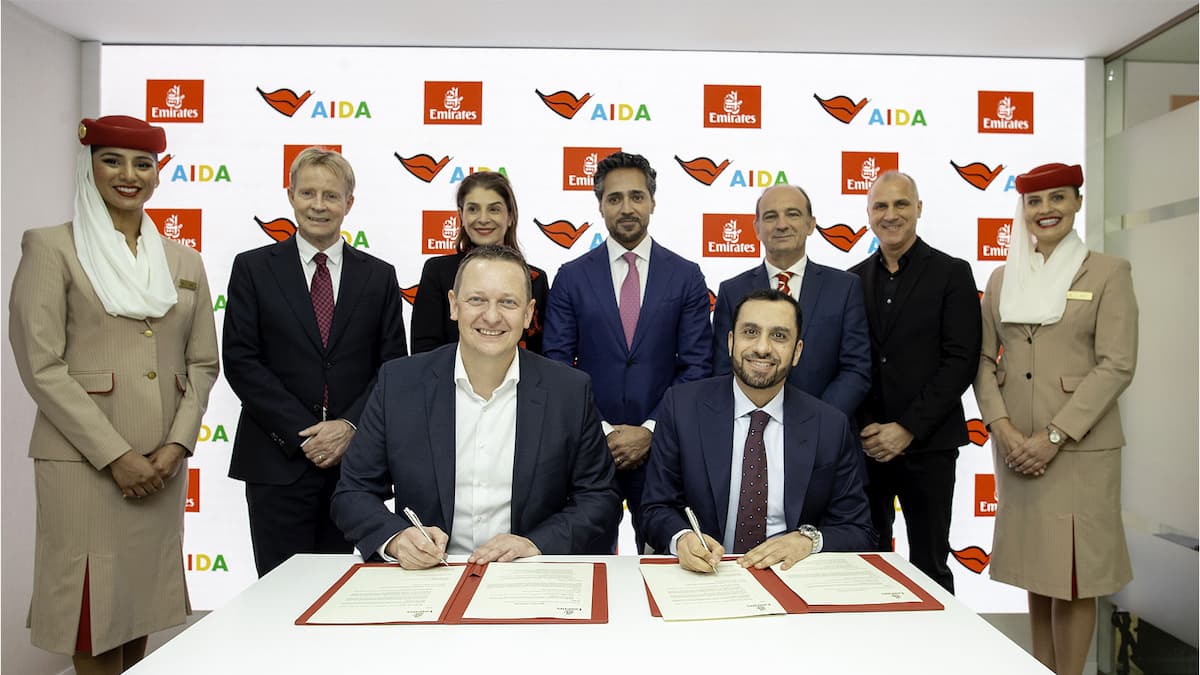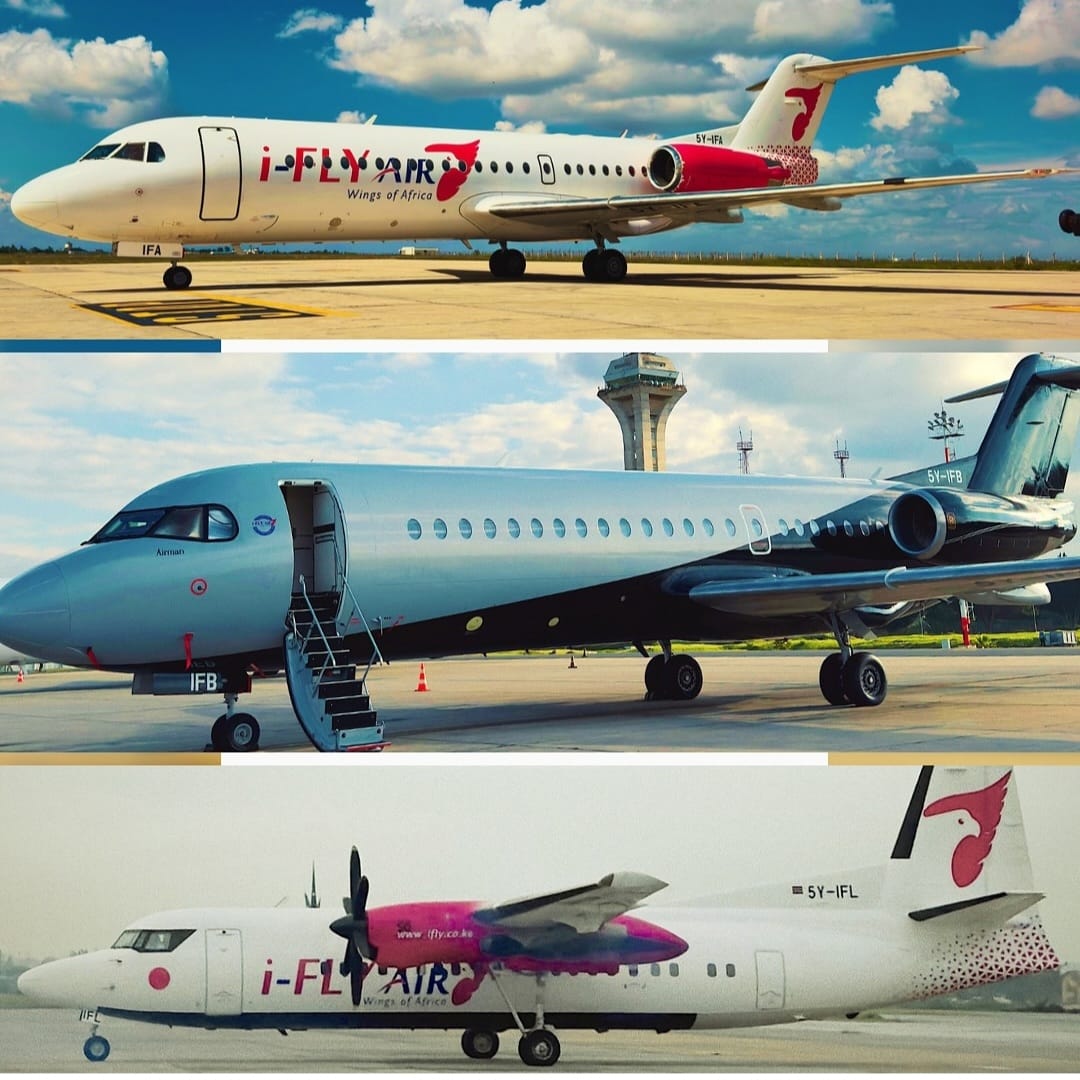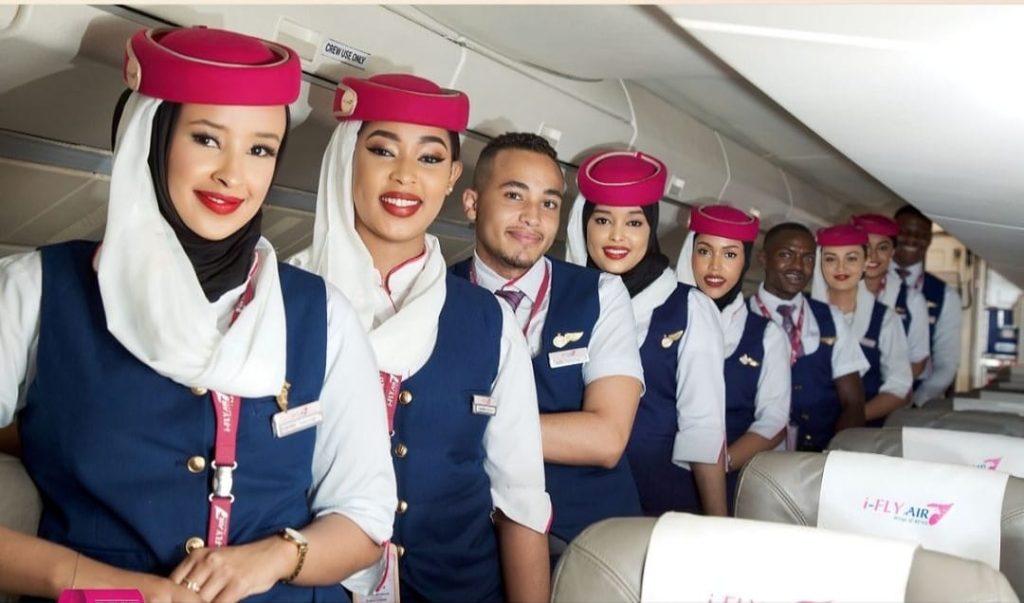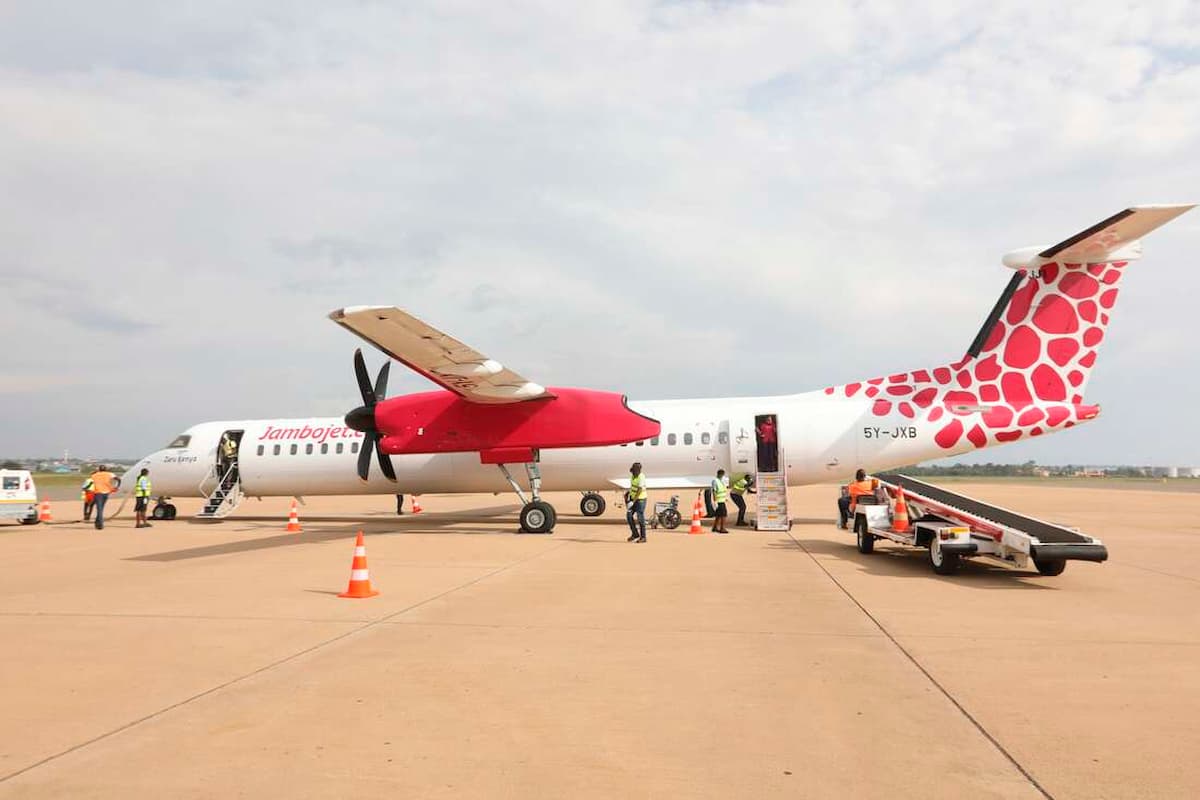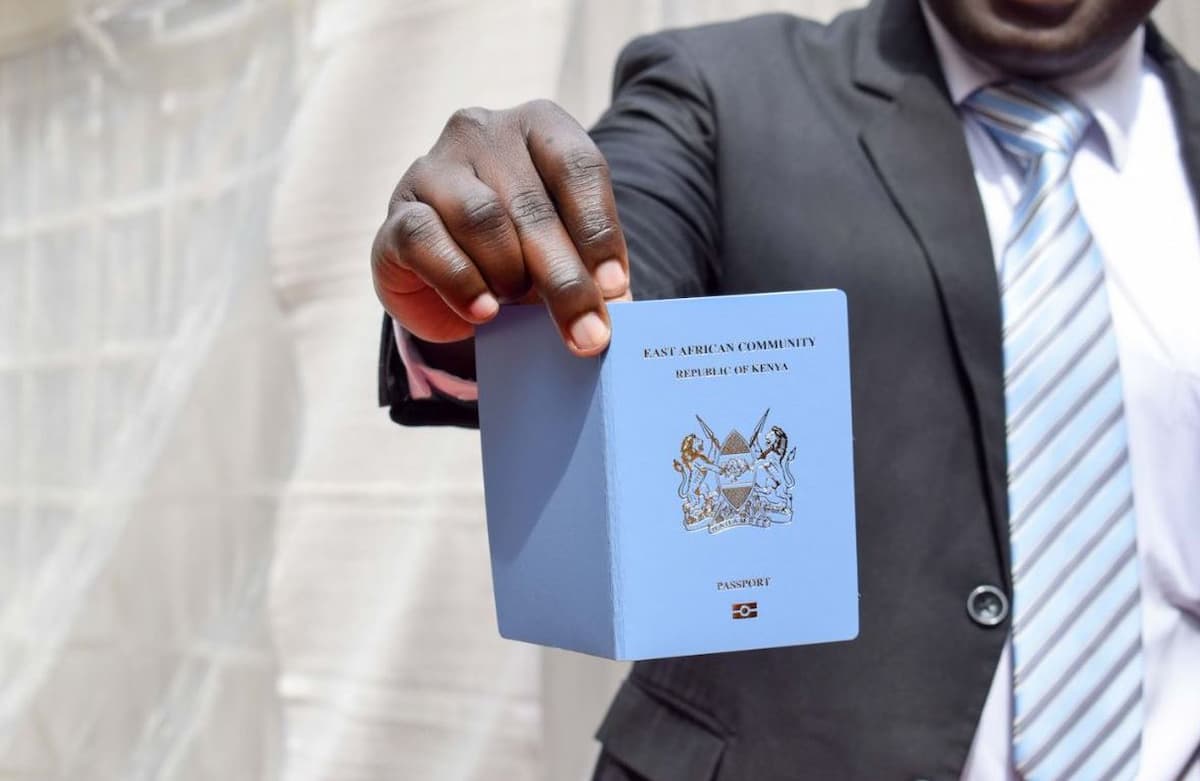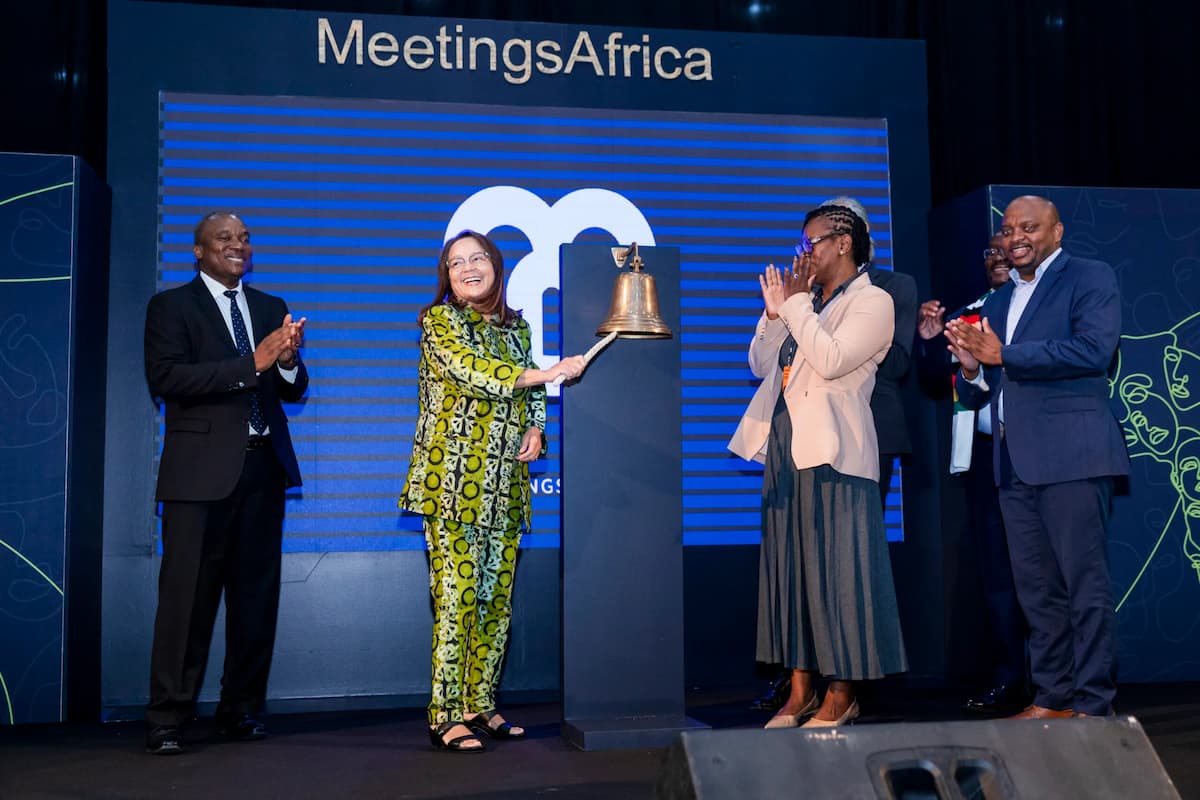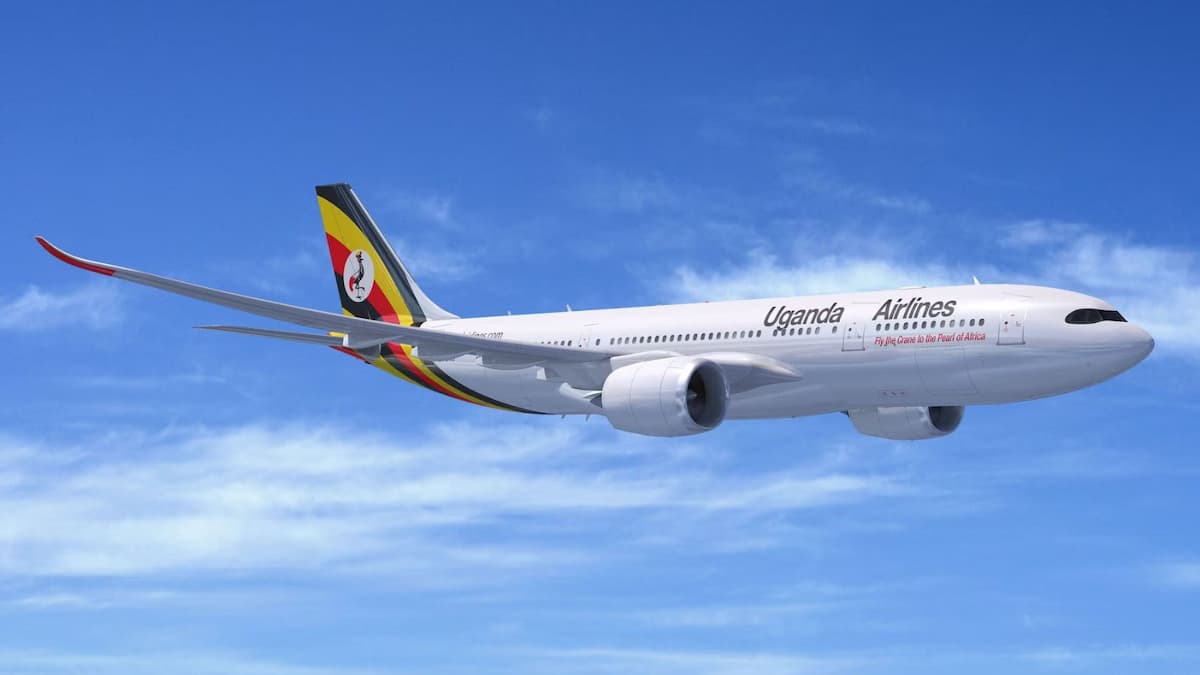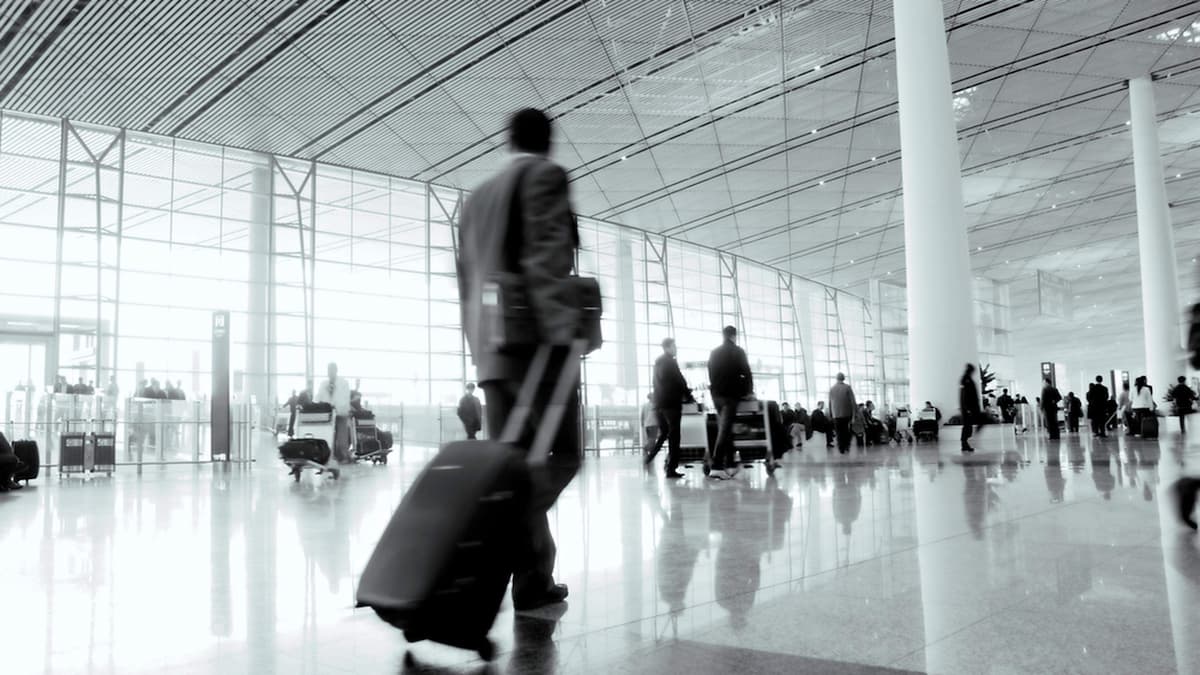Solidifying Dubai’s place as a major maritime tourism hub, Emirates and AIDA Cruises have renewed their partnership for a further two seasons.
The renewed partnership was signed on the sidelines of the first day of ITB Berlin and is in line with Dubai’s efforts to significant grow its cruise capacity. Dubai continues to attract the biggest players in the industry through offering a seamlessly integrated maritime hub, with state-of-the-art handling facilities supported with unrivalled air connectivity.
Emirates will explore a number of opportunities with AIDA Cruises for joint marketing, operational alignment and strategic planning around flight schedules from across its network, in addition to enhanced transportation solutions between Dubai International Airport and Dubai Harbour Cruise Terminal.
The partnership will continue to focus on sharing relevant data and insights to improve service delivery, providing dedicated support teams for cruise passengers, and facilitating a smooth check-in process at Dubai Harbour Cruise Terminal. The airline will also dedicate capacity for the next two seasons to ensure continued momentum to meet the demand for cruise packages to Dubai.
The MoU was signed by Adnan Kazim, Deputy President and Chief Commercial Officer, Emirates Airline; and Felix Eichhorn, President of AIDA Cruises.
Adnan Kazim commented on the renewed partnership: “We’re proud of AIDA Cruises’ long-standing commitment to Dubai, when they were one of the first cruise liners to home port in 2006. We are readying the business for another robust cruise season in Dubai, and through the support of partners like AIDA Cruises anchoring in our home city and hub, we’ll continue to strengthen Dubai’s position as an attractive gateway for winter cruising.”
“The Arabian Gulf is one of our most popular winter destinations due to its moderate flight times, pleasant summer temperatures and many hours of sunshine. Combined with the new state-of-the-art terminals at Dubai Harbour within easy reach of the city’s attractions and excellent airport connectivity, our cooperation with Emirates will further enhance the attractiveness of this destination for our guests with tailor-made flight options,” said Felix Eichhorn, President of AIDA Cruises.
AIDAprima has been operating to Dubai Harbour since 2021 and can accommodate up to 3,200 passengers. This season, passengers embarking and disembarking from Dubai can look forward to diverse itineraries that include destinations like Muscat, Doha, Sir Bani Yas and Abu Dhabi.
Dubai has been a first mover in joining up the entire travel and tourism ecosystem to facilitate hassle-free entry and visas for cruise passengers, seamless handling at ports which includes access to Emirates check-in desks at Dubai Harbour along with a host of other amenities dotted across the entire air and ground journey. Travellers have the added advantage of disembarking at one of the world’s most iconic tourism destinations, with landmarks and attractions that suit every taste, age and budget.
The 12 Emirates check-in counters in Dubai Harbour allow passengers who are disembarking from their cruise ships to fully check-in up to 4 hours before flight departure with the convenience of exploring Dubai without their luggage before heading directly to the airport and breezing past most formalities before their flight.
Last year, Emirates transported around 400,000 cruise passengers using Dubai cruise terminals. The city welcomed over 166 ships during the last cruise season, making it the region’s biggest port of embarkation and most popular call for cruise liners. The city expects an increase of 23% more cruise passengers for the upcoming season.
Source: Breaking Travel News

